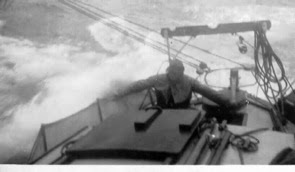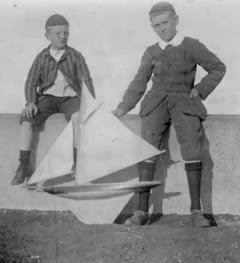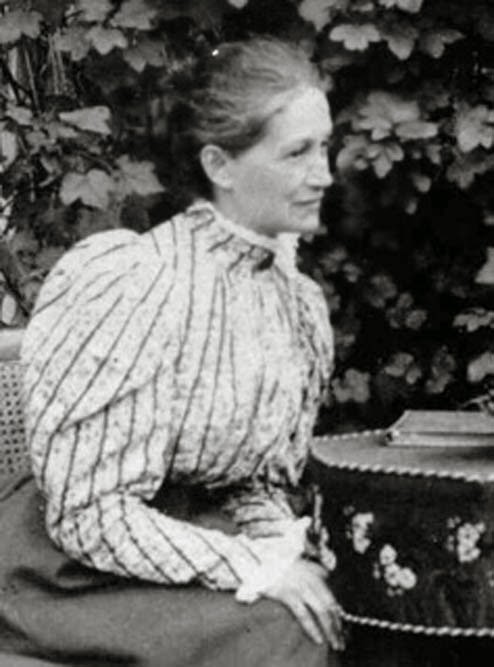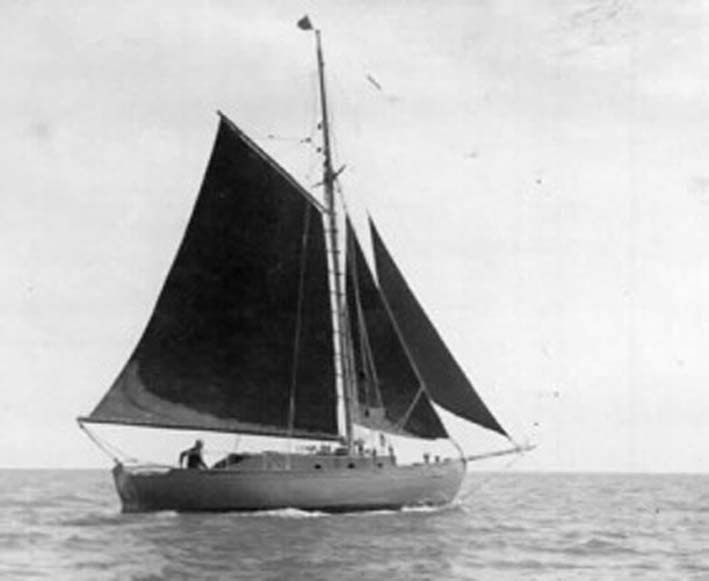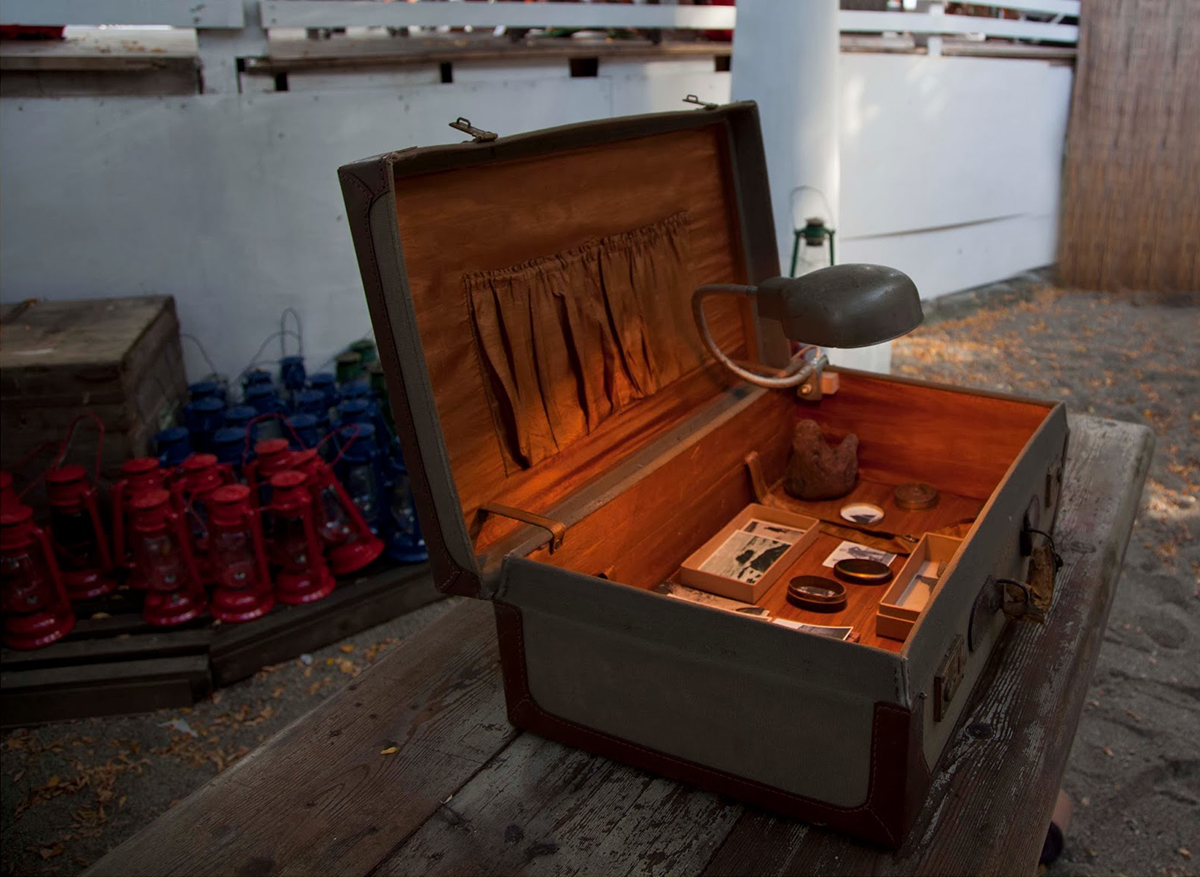Incontri ad Eèa, curated by Federica Forti, Alessandro Buganza ed Ezster Csillag, Frontone, Ponza.
July 2013

“
Benning Arnold and his boat Riduna Jenny and I loved our grandfather the one we knew, the one who was alive, who lived on a boat, as far as we were concerned, in the harbour of Alderney, one of the Channel Islands. We used to see him when we went to Alderney in a tiny biplane, just big enough for our family for the summer holidays. He took us onto his boat and let us suck the sweet condensed milk that he put in his tea straight out of a hole in the tin. He had the bluest eyes either of us had ever seen, blue like the sea on a sunny day. Maybe we thought his eyes were so blue because he lived in the sea, or very near to it. He died when we were very young. When our mother came to tell us he was dead we beat our pillows with our fists and howled. After a few minute I looked up and saw tears on my mother's cheeks. “You're crying” I said “Well he was my father” she said. Benning Arnold's father was an old man when he married a second time after his first wife died. His second wife was from Guernsey in the Channel Islands and she used to return to Alderney, another Channel Island, every year to paint watercolours of the flowers, rocks and sea. She had two boys, Benning and Claude, who she took with her when they were old enough. One year in March she was travelling with her sons as usual on the boat to Guernsey. From there she would take another boat to Alderney. The crossing took all night and the passengers ( all of them or some of them?) slept in cabins. She put her two sons to bed, then went to bed herself. It was a foggy night. Two ferries made the trip together, racing to see which could reach Guernsey harbour first. There was only room for one ferry in the harbour in Guernsey, so the ferry that arrived second had to wait outside the harbour for the first one to unload passengers and merchandise and leave the harbour before they could enter, and loss of time meant loss of profit, so the two boats always raced, even on nights like this, with a thick fog that muffled the sound of the lighthouse on the Casquettes, those terrible rocks that had claimed so many ships and lives. Yes they should have slowed down, but the profit motive was/is stronger than anything, stronger than any thought for the safety of the passengers, even of the ship. By the time they heard the foghorn they were too near the Casquettes to stop. Maybe they even hit the rocks before they heard the foghorn?? The alarm sounded. Passengers rushed towards the boats. Benning's mother struggled to dress her two boys, leave the cabin and climb the stairs to the deck. By the time she reached the deck, all the boats had been lowered and the ship was about to tilt up and slide into the sea. Too late to save herself or both her sons, she stuffed a football under Benning's pullover, hoping to save at least one of them. The ship slipped down like a diver plunging into the sea, smoothly, noiselessly, taking its remaining passengers down with it. Only Benning remained afoat, with his football. It was March and the sea was very cold. Many of the passengers who came to the surface and stayed afoot, died from the cold. But Benning stayed afloat and managed to scramble onto an upturned lifeboat, together with other passengers. Eventually the lifeboat was turned over by a storm surge and they climbed inside. He spent more than forty hours shivering and drenched in this lifeboat until they arrived on the coast of France. The day I saw the photos of my grandfather before and after the shipwreck I felt grief welling up in me, threatening to burst out in a stream of tears. His bright, sparkling eyes before the wreck had changed into the beautiful, sad, blue eys that I remembered so well. My mother remembered him as moody and withdrawn. I remembered him as gentle and kind. Benning always wanted a sea going boat but his father forebade it absolutely and he was allowed a small river boat to sail the inland waterways. But when his father died he inherited a vast fortune and went out and bought a sea going yacht. He took it to Alderney, where he would sail whenever had had the opportunity. If a storm brewed up he sailed out to sea. He was shipwrecked three times and each time he replaced the boat. The first was called Riduna, the second Riduna 2, the third Riduna 3. Benning married Elsie and they had five children. She put a stop to further children by putting a piece of linoleum between the two beds, or so she said for linoleum is very cold under bare feet, especially in the winter. He became house master of one of the houses at Bradfield College, a boy's Public School in Berkshire, where he taught mathematics. He lost most of his fortune through unwise investments but he always had a sea going yacht and after he retired he bought a litte house, Red Tiles, on a desolate stretch of land in Alderney, behind the concrete wall built by the Germans during the second world war. The other side of the wall was Longy Bay with its island, Ratz Island that we used to call Rat island. My mother used to take us to Alderney in the summer holidays to stay in Red Tiles and visit my grandfather, when he was alive. It wasn't easy for her, with five small children, staying in a house a mile away from the town, walking with the children, one in a pram, all the way to St Annes to buy food, in the sun, in the rain, wind blowing, children wailing, running off or dragging their feet. Alderney is not a pretty island. It's a barren, treeless rock, covered in grass, bracken, gorse and a few flowers. It is also covered in second world war German concrete bunkers and fortresses. But my mother insisted on going there every year, sitting in a hole in the concete sea wall behind Longy Bay to keep out of the wind while we played in the sand and the rock pools. I never understood what the attraction was until I saw the video of the dive to the wreck of the Stella. Then I understood. Just as our grandfather was drawn to the sea surrounding the island, we were drawn to the island itself.”
Angela Paine & Robert Pettena